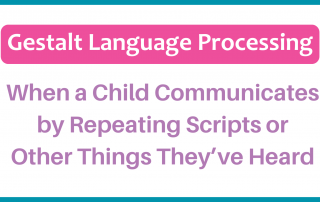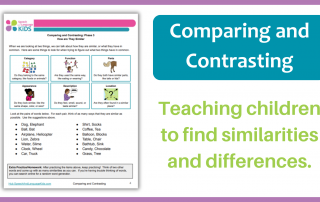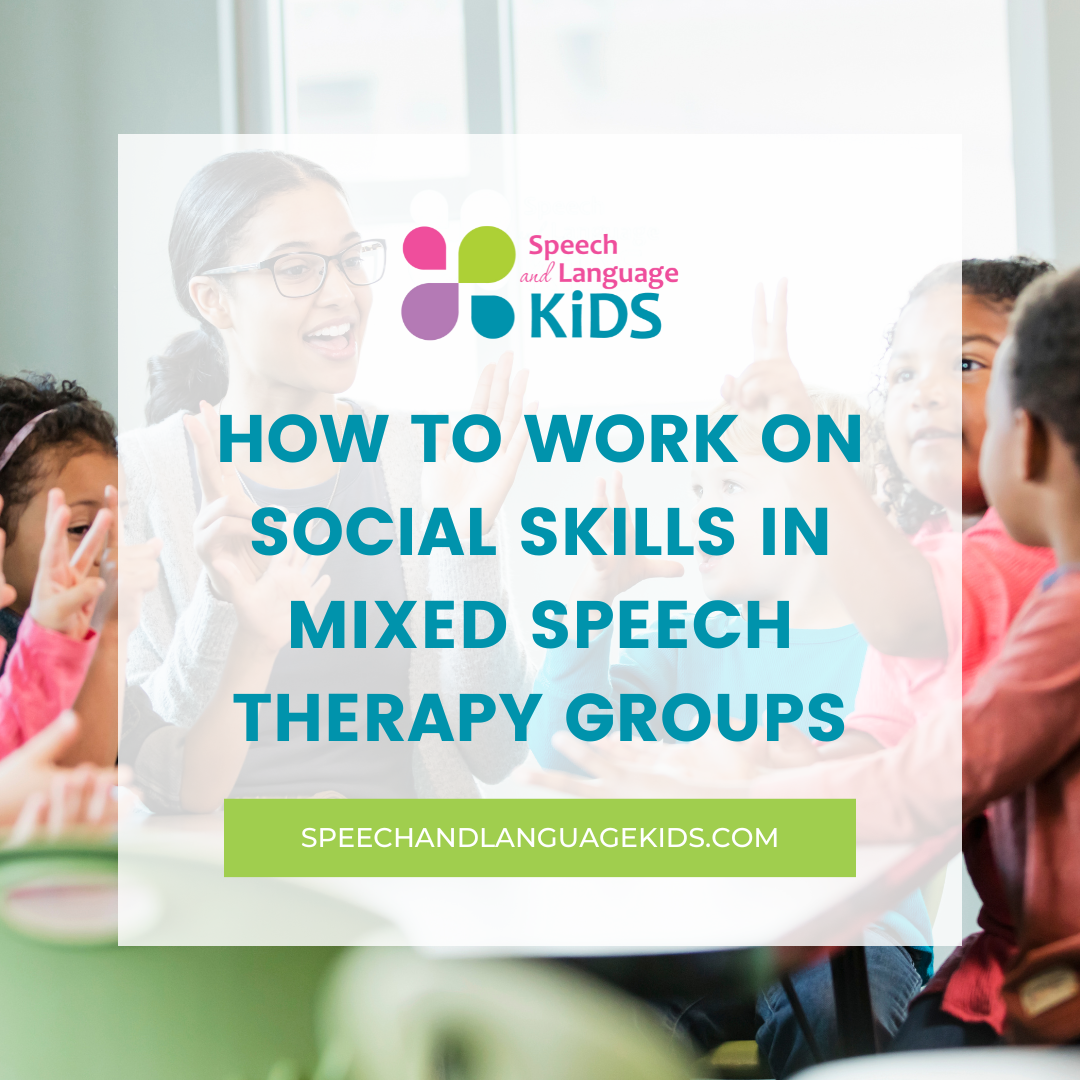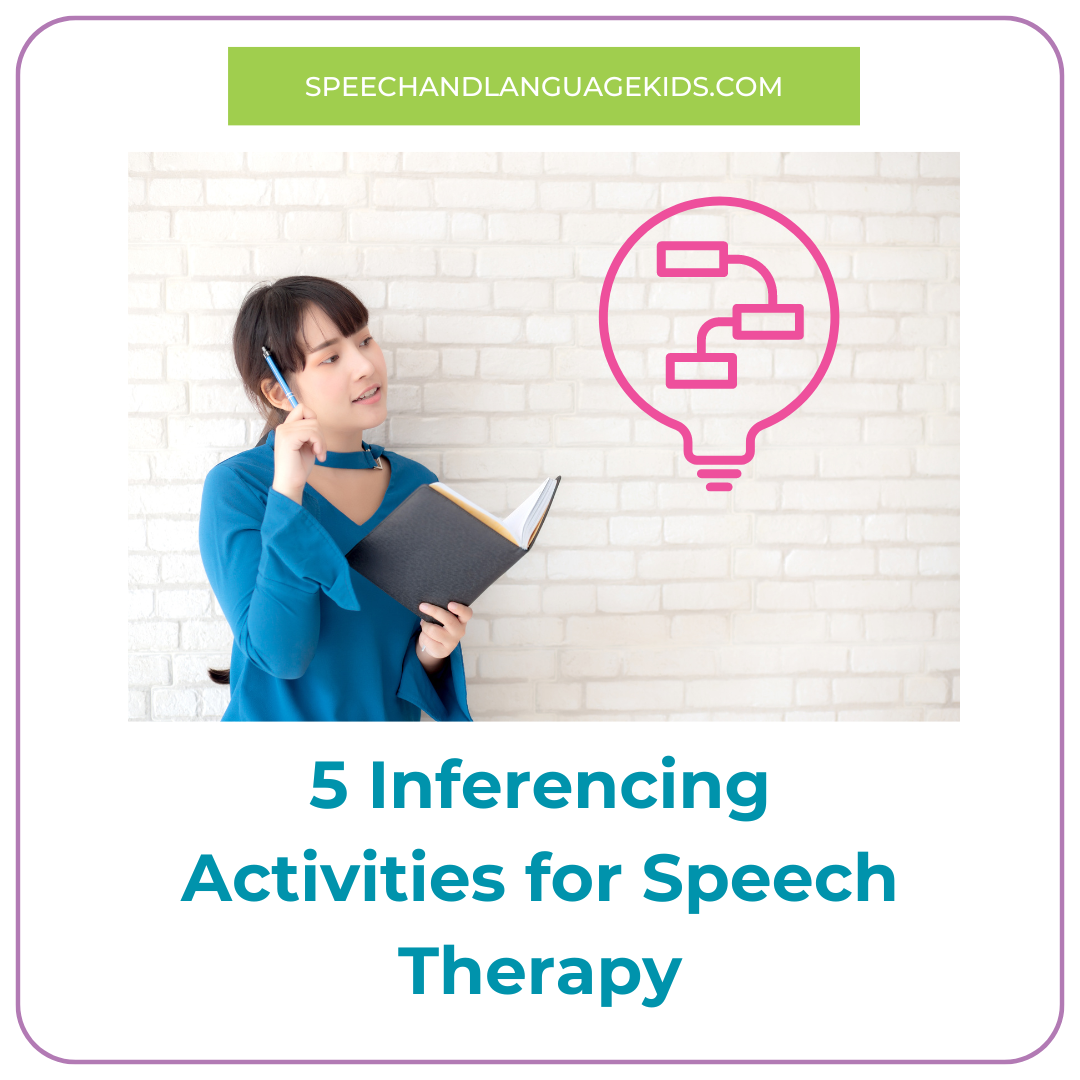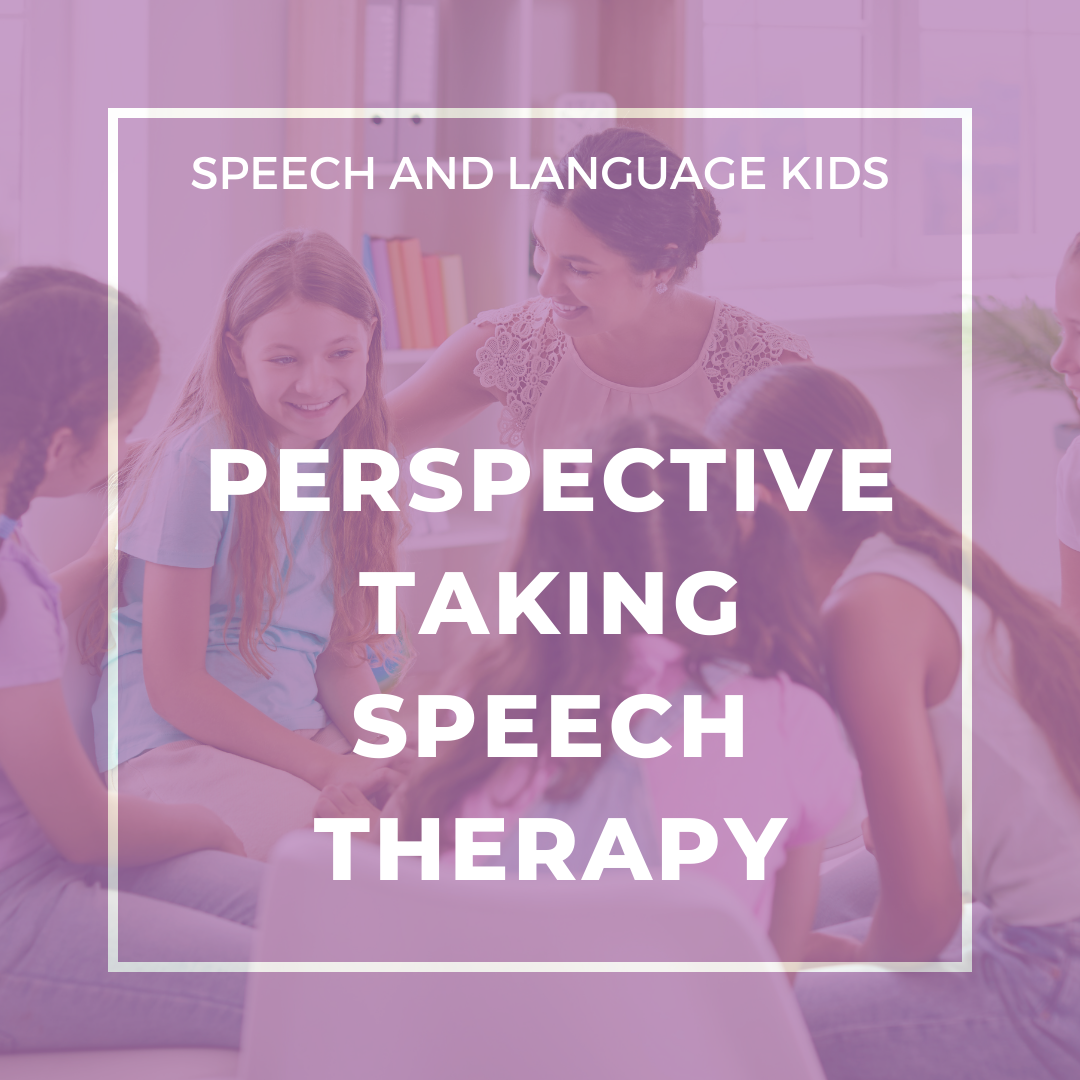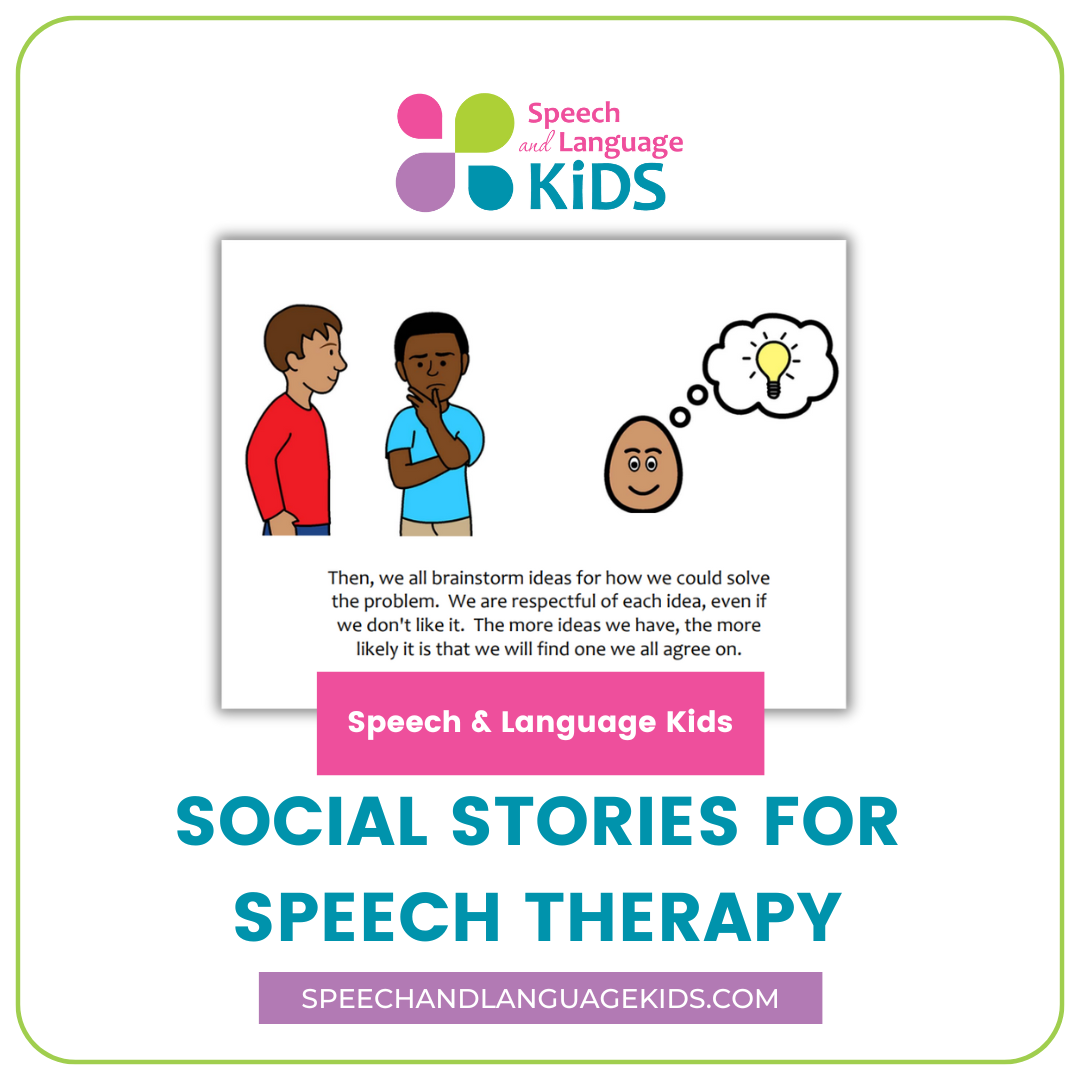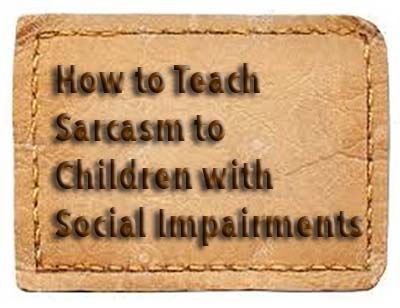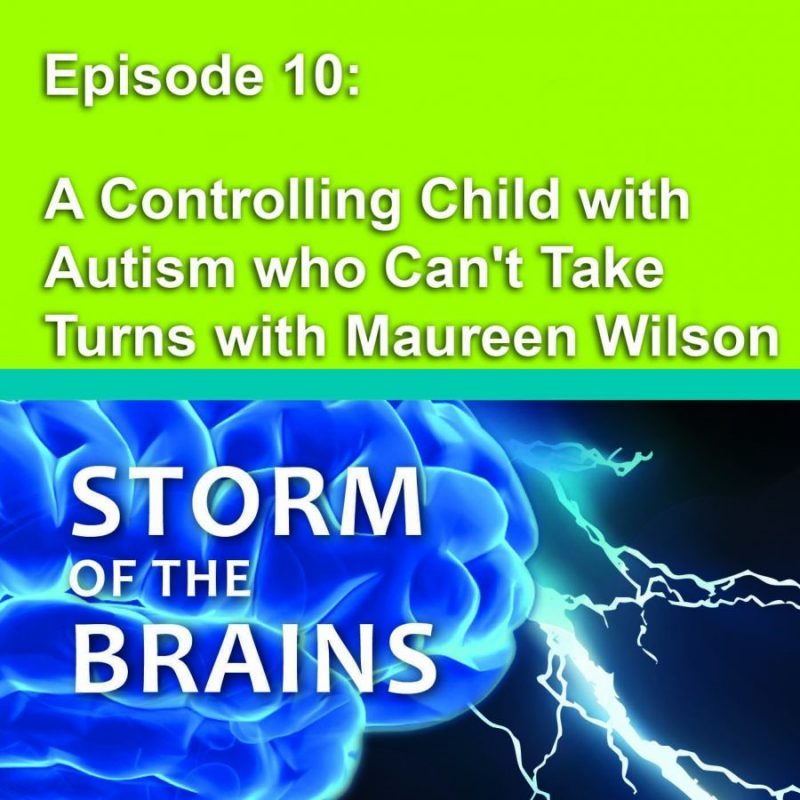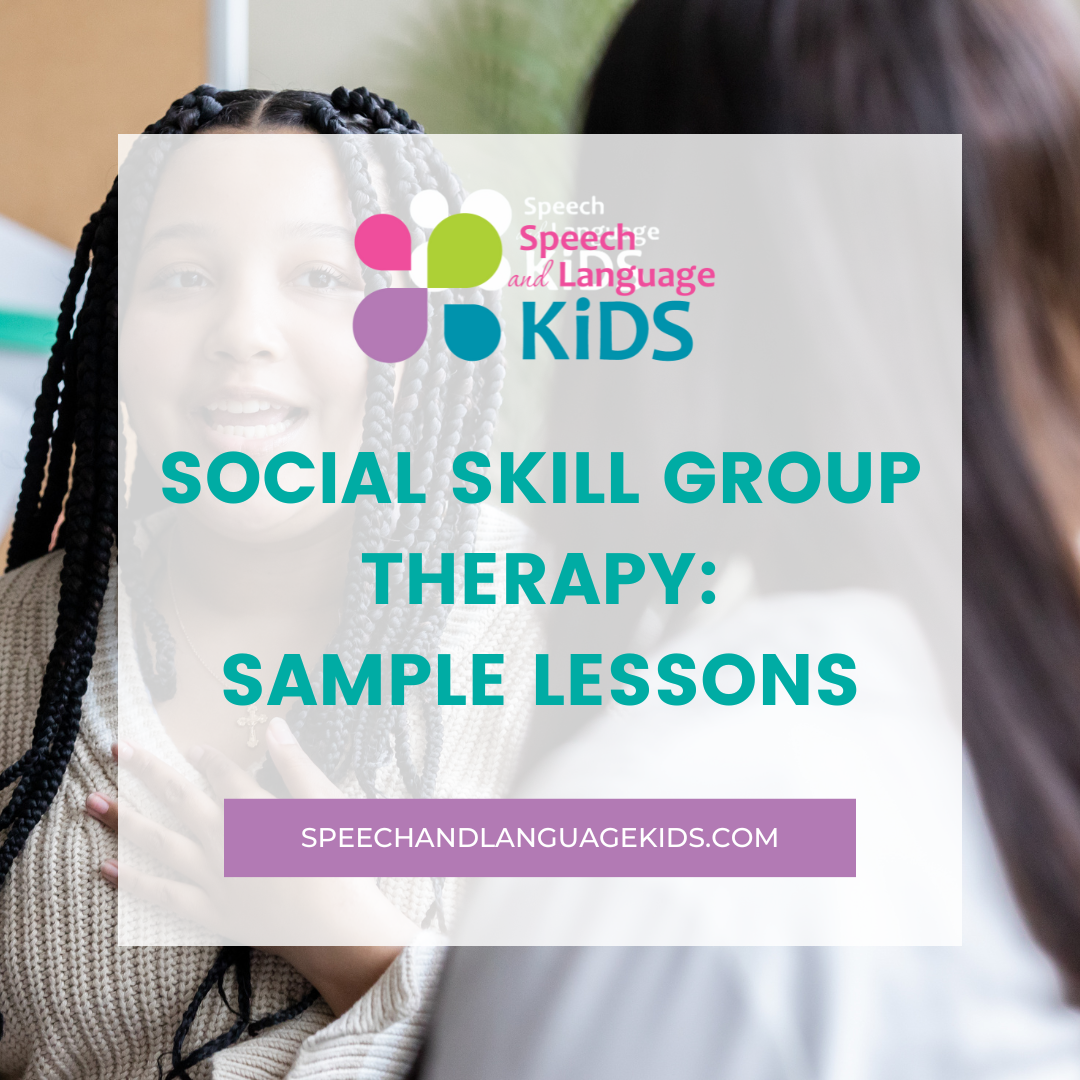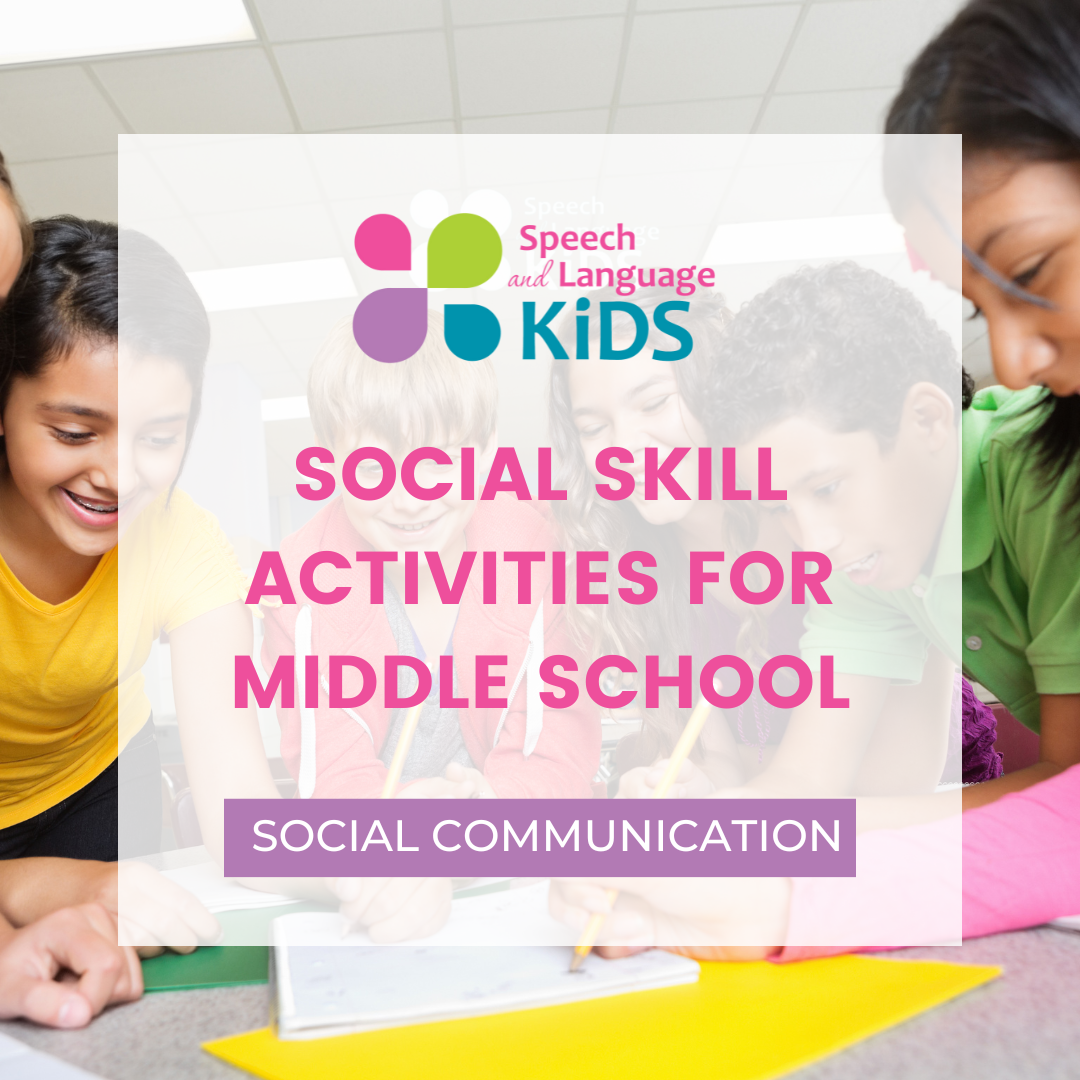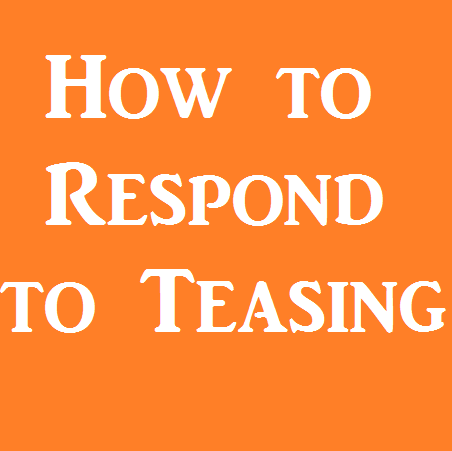Topic:
Resource Type:
Results:
The SLK Curriculum: A Proven System for Speech/Language Therapy
The SLK Curriculum Stop wasting time cobbling together random materials. Get the repeatable system that WORKS! Try it Free for 7 Days! Instant access. No risk. Cancel anytime. Get the Tour! 👀👇 Quit searching for "fresh ideas". You don't need to spend your
How to create custom social scenarios for social skill therapy
How to Create Custom Social Scenarios for Social Communication Therapy Are you working with a child/teen on social communication skills? One great strategy for practicing social communication skills is to role play or talk through what you would do in various situations. This allows our clients to explore possible
Signs that a Child is a Gestalt Language Processor (and How to Help)
Signs that a Child is a Gestalt Language Processor (and How to Help) Some children learn language one word at a time. Others learn language in chunks. They repeat whole sentences or scripts they have heard before. They use echolalia to communicate with those around them. These children
Compare and Contrast | Speech Therapy Activities for Finding Similarities and Differences
Compare and Contrast | Speech Therapy Activities for Finding Similarities and Differences Vocabulary delays are hard to treat. We can't possibly teach a child every word he'll ever need to know. That's why The SLK Curriculum teaches word-learning strategies. These strategies teach children and teens ABOUT vocabulary and provide
How to Work on Social Skills in Mixed Speech Therapy Groups
How to Work on Social Skills in Mixed Speech Therapy Groups Do you have children who need to work on social skills mixed in with other students? Lauren DiBiase from At the Heart of Speech Therapy joined us live on October 23rd to share her 5 tips for
5 Inferencing Activities for Speech Therap
5 Inferencing Activities for Speech Therapy An inference is when you use clues present (in text or in real life) along with your background knowledge to make a guess about something that's not explicitly known. For example, if you see an "out of order" sign, you can use
Perspective Taking Speech Therapy |Teaching Social Perspective Taking
Perspective Taking Speech Therapy Children with social language impairments can have a lot of trouble taking the perspective of others. This can cause trouble with social interactions and navigating daily interactions. Lauren DiBiase shares with us her 5 steps (plus a bonus step!) for improving perspective-taking in children.
How to Help a Child Regulate their Emotions: Speech Therapy Ideas
How to Help a Child Regulate their Emotions: Speech Therapy Ideas It's no secret that children feel a lot of big feelings. Our children with emotional regulation issues (such as those with autism, ADHD, anxiety, anger issues, etc.) may feel those feelings even more intensely than other children.
Social Stories for Speech Therapy: Examples and How to Use
Social Stories for Speech Therapy: Examples and How to Use Social stories are simple stories that help a child learn a new skill or understand what's going to happen. These are a handy and versatile tool that we can use in speech/language therapy and also at home as
How to Teach Sarcasm to Children with Social Impairments
Speech-Language Pathologist Carrie Clark shows you the best resource for teaching children with social impairments how to understand and use sarcasm: Source: http://www.basicsabatherapy.com/BASICS-Blog.html?entry=teaching-sarcasm More Resources for Speech-Language Pathologists: Looking for more therapy ideas and resources to help you provide the BEST services to your clients?
Communication Repair Strategies ~ Speech Therapy Activities
Communication Repair Strategies ~ Speech Therapy Activities "What did you say?" "You did what?" Sometimes a conversation breaks down and we have to find ways to repair it. But this can be a hard skill to learn! On this page, we'll give you a list of communication repair
SOTB 10: A Controlling Child with Autism who Can’t Take Turns, Interview with Maureen Wilson
Today I am joined by speech-language pathologist Maureen Wilson from www.thespeechbubbleslp.com who helps me brainstorm ideas for a 5-year-old with autism who won't participate in anything unless he controls the whole thing. Links and Notes: The Speech Bubble SLP: www.thespeechbubbleslp.com Control The child needs that control Try social stories
Social Skills Group Therapy: Activities for Children/Teens
Social Skills Group Therapy: Activities for Children/Teens Many of our children with language delays also have trouble with social skills. This may be due to certain conditions that impair social skills, like autism, or it may just be because these children have trouble learning language and social interactions
Social Skills Videos: For Speech Therapy or Video Modeling
Social Skills Videos One of the best ways to teach social skills to children is through the use of videos. Children who are having trouble learning appropriate social skills benefit from being able to watch demonstrations of the skills being performed. In this article about video modeling, I explain why
Social Skills Lessons for Middle School | Speech Therapy Goals and Activities
Social Skills Lessons for Middle School | Speech Therapy Goals and Activities What social skills should middle school students have? What can we do to help 11-14 year-olds who are struggling with social skills? What are some social skill lessons for middle school that we can use in speech
Middle School Speech Therapy Activities
Middle School Speech Therapy Activities How can we help middle school students (ages 11-14 yrs) improve their speech, language and communication skills? What middle school speech therapy activities are available? On this page, we'll show you our top middle school speech therapy activities for helping older children
Perspective Taking | Examples and Activities for Speech Therapy
Perspective Taking | Examples and Activities for Speech Therapy Perspective taking is our ability to think about a situation from someone else's point of view. If we can take a guess at how someone else is thinking or feeling, it can help us navigate social interactions and better
Inferencing | Speech Therapy Goals and Activities
Inferencing | Speech Therapy Goals and Activities How can we teach inferencing in speech therapy? What goals should we write for inferencing? An inference is when you use clues present (in text or in real life) along with your background knowledge to make a guess about something that's
Figurative Language Examples and Speech Therapy Activities
Figurative Language Examples and Speech Therapy Activities Have you been bending over backwards trying to teach your students figurative language? Are they left high and dry when idioms are used in their classrooms? Well I’m going to take the bull by the horns and knock your socks off with
How to Help your Child with Teasing
“You’re kid sounds funny” “He’s so weird” “What’s wrong with that kid?” “Why is he doing that?” “Is she dumb or something?” Sticks and stones may break bones but words can be just as painful if you are the parent of a child with special needs. Those insults may



